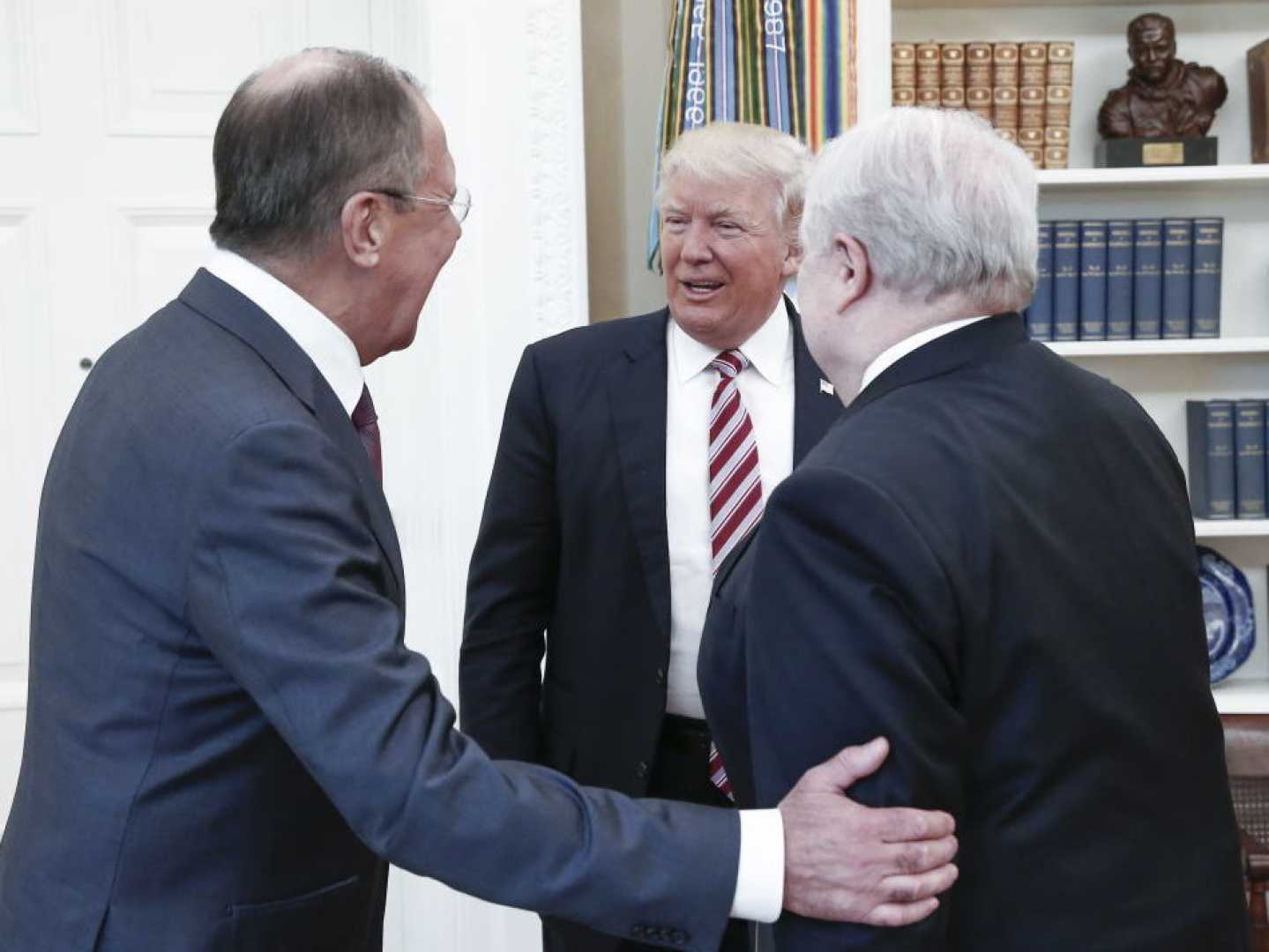Politics
Trump Calls for Russia’s Return to G7 Amid Tariff Announcements

WASHINGTON — U.S. President Donald Trump expressed his desire for Russia to rejoin the Group of Seven (G7) on Thursday, stating that it was a mistake to expel the country following its annexation of Crimea in 2014. The remarks were made during a press conference at the White House, coinciding with the announcement of new reciprocal tariffs.
Trump emphasized that Putin would likely welcome the opportunity to return to the international group of industrialized nations. “I’d love to have them back. I think it was a mistake to throw them out,” he stated. He argued that discussions about Russia should continue at the global table, urging, “All you’re talking about is Russia and they should be sitting at the table.”
The G7, which includes Canada, France, Germany, Italy, Japan, the United Kingdom, and the United States, originally expanded to the G8 to include Russia in 1998. However, Russia was expelled from the group in 2014 in response to its actions in Ukraine, which many international leaders viewed as aggressive and provocative.
Trump’s comments sparked a range of reactions, but there was no immediate response from Canada, which holds the G7 presidency this year. Trump’s announcement comes nearly a decade after Russia was effectively ostracized from the G8.
During the press briefing, Trump also criticized former President Barack Obama for the decision to exclude Russia, blaming the current diplomatic strain between the United States and Russia on his predecessors. He further connected Russia’s military aggression to decisions made by former president Joe Biden, which Trump argued had incited tensions.
“I don’t see any way that a country in Russia’s position could allow them to join NATO,” Trump remarked, discussing the ongoing discussions about NATO membership for Ukraine that date back to 2008. He highlighted the contentious link between NATO expansion and Russia’s military strategy.
Moreover, Trump indicated a willingness to engage in dialogue with both Russia and China to pursue arms control agreements and suggested a significant reduction in U.S. defense spending. “At some point when things settle down, I’m going to meet with China, and I’m going to meet with Russia,” Trump said. “Let’s cut our military budget in half. And we can do that.”
While Trump’s statements offer a stark contrast to current U.S. foreign policy, they reopen debate about international alliances and military expenditures amidst escalating global tensions. Trump’s outreach to Russia, in the context of a desire for peace, aligns with his broader strategy to address trade and defense spending issues that he perceives as burdens on the U.S. economy.
The implications of Trump’s proposals and comments have yet to unfold, but they raise significant questions about the future of U.S.-Russia relations and the structure of international diplomacy.












